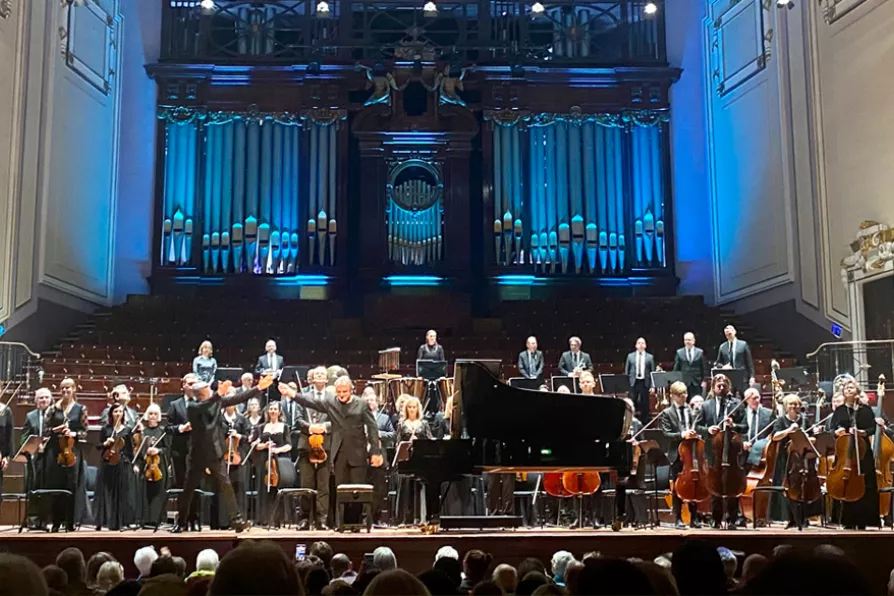Climate activist and writer JANE ROGERS introduces her new collection, Fire-ready, and examines the connection between life and fiction

 HANGING BY A THREAD: An audience in Edinburgh appreciates an outstanding concert by the Estonian National Orchestra last weekend
[Wildkat PR]
HANGING BY A THREAD: An audience in Edinburgh appreciates an outstanding concert by the Estonian National Orchestra last weekend
[Wildkat PR]
SHORTLY after the announcement of Arts Council England’s National Portfolio Organisations (NPO), I wrote in the Morning Star about the questionable choices which ultimately were a hack-and-slash at the arts and warned about the negative connotations which were going to follow.
Since then, there have been many developments and announcements – including Glyndebourne and Welsh National Opera reducing touring, English National Opera making some developments but still without anything completely finalised, and the Oldham Coliseum permanently closing its doors.
On May 5, the North-West Psappha Ensemble announced that due to the 100 per cent funding cut from the Arts Council, which made up 40 per cent of their overall annual income, they were unable to overcome the deficit and will be permanently closing when they finish their “Composing for…” series and completely shut up shop in the summer.

JONATHAN TAYLOR appreciates how, for a black British musician, to walk onstage can be a rebellious act

ANN HENDERSON on the exciting programme planned for this summer’s festival in the Scottish capital

BEN LUNN alerts us to the creeping return of philanthropy and private patronage, and suggests alternative paths to explore











